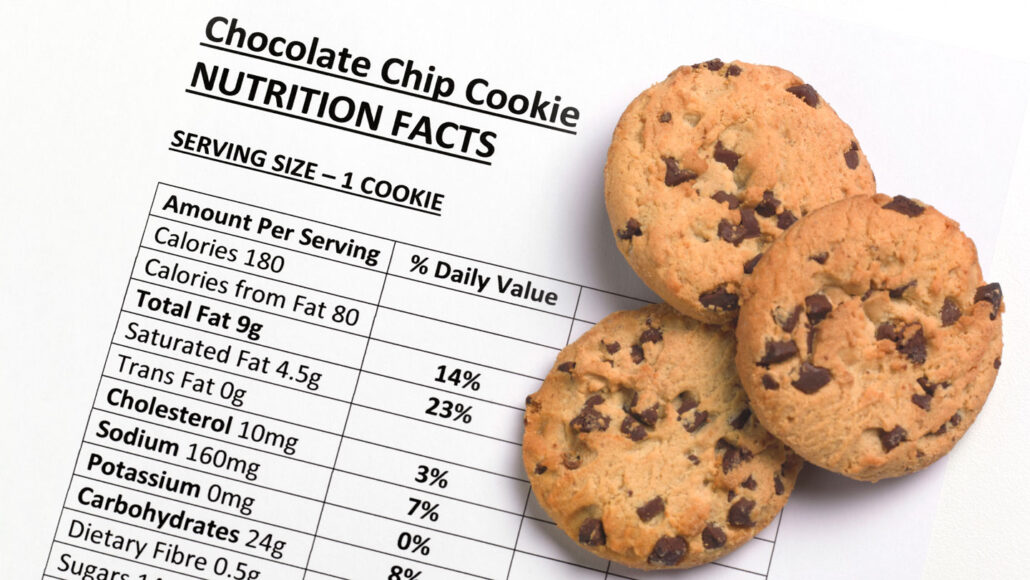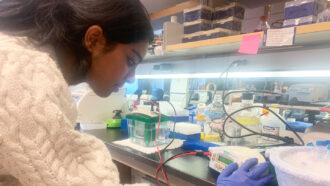air pressure: The force exerted by the weight of air molecules.
blue whale: A species of baleen whale (Balaenoptera musculus) that is the largest animal ever known to have existed. They can grow to lengths of 30 meters (almost 100 feet) and weigh up to 170 metric tons.
calorie: The amount of energy needed to raise the temperature of 1 gram of water by 1 degree Celsius. It is typically used as a measurement of the energy contained in some defined amount of food. The exception: when referring to the energy in food, the convention is to call a kilocalorie, or 1,000 of these calories, a "calorie." Here, a food calorie is the amount of energy needed to raise 1 kilogram of water 1 degree C.
carbohydrates: Any of a large group of compounds occurring in foods and living tissues, including sugars, starch and cellulose. They contain hydrogen and oxygen in the same ratio as water (2:1) and typically can be broken down in an animal’s body to release energy.
chemistry: The field of science that deals with the composition, structure and properties of substances and how they interact. Scientists use this knowledge to study unfamiliar substances, to reproduce large quantities of useful substances or to design and create new and useful substances. (about compounds) Chemistry also is used as a term to refer to the recipe of a compound, the way it’s produced or some of its properties. People who work in this field are known as chemists.
fat: A natural oily or greasy substance occurring in plants and in animal bodies, especially when deposited as a layer under the skin or around certain organs. Fat’s primary role is as an energy reserve. Fat also is a vital nutrient, though it can be harmful if consumed in excessive amounts.
joule: The amount of energy needed to produce one watt for one second. Joule is a standard unit of energy.
nutrition: (adj. nutritious) The healthful components (nutrients) in the diet — such as proteins, fats, vitamins and minerals — that the body uses to grow and to fuel its processes. A scientist who works in this field is known as a nutritionist.
protein: A compound made from one or more long chains of amino acids. Proteins are an essential part of all living organisms. They form the basis of living cells, muscle and tissues; they also do the work inside of cells. Antibodies, hemoglobin and enzymes are all examples of proteins. Medicines frequently work by latching onto proteins.
sea level: The overall level of the ocean over the entire globe when all tides and other short-term changes are averaged out.
unit: (in measurements) A unit of measurement is a standard way of expressing a physical quantity. Units of measure provide context for what numerical values represent and so convey the magnitude of physical properties. Examples include inches, kilograms, ohms, gauss, decibels, kelvins and nanoseconds.
whale: A common, but fairly imprecise, term for a class of large mammals that lives in the ocean. This group includes dolphins and porpoises.









